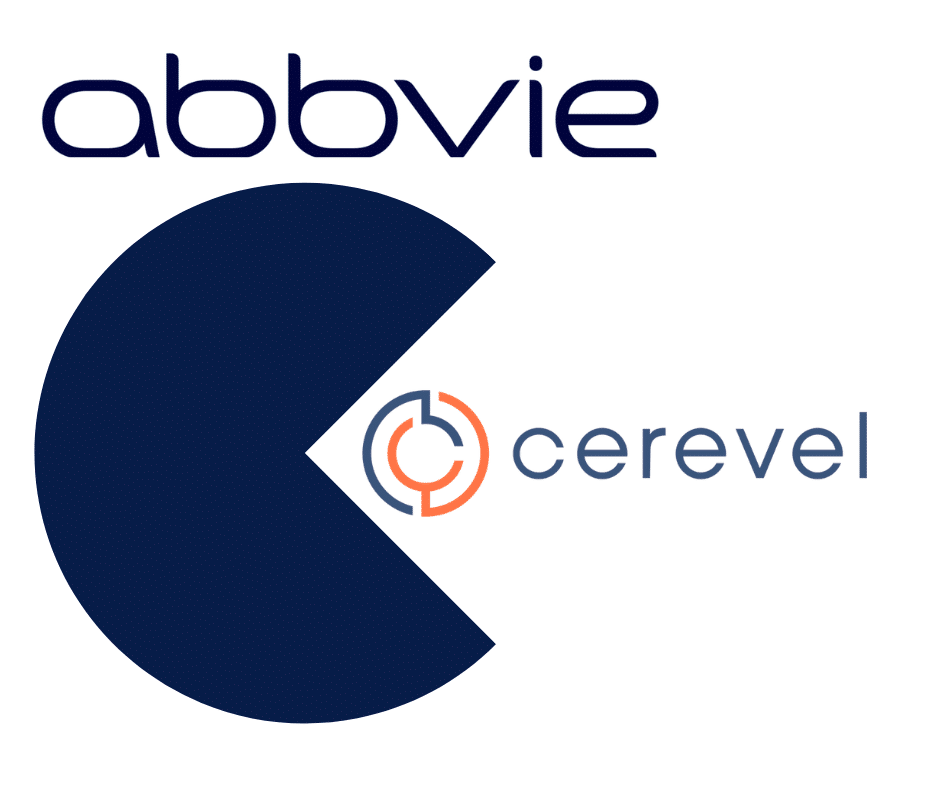While there has been growing acknowledgement of the fact that our world is getting older, within the life sciences industry, geriatrics has often remained the proverbial elephant in the room. That is why it has been encouraging to witness the focus of industry in the areas specific to the older population such as dementia. In addition, we have observed certain companies taking an interest not only in specific conditions but in overall aging and even setting up business units that concentrate in conditions of aging. This is evidenced by a recent report released by Pfizer titled “Preventive Care and Healthy Aging” which was commissioned through the Economist Business Intelligence Unit. xxx This report highlighted the significance of healthy aging and the value of preventative care with respect to reducing the cost of care and profiled eight countries: Brazil, China, India, Japan, Russia, South Africa, the U.K. and the U.S.
It not only summarizes the significant challenges that must be overcome to implement this approach, but also underscored the benefits that governments (and citizens) can reap by implementing certain changes. What resonated most was the following:
- This is essentially an emerging market within a number of emerging markets. The quickest growth in the older population is indeed taking place in Brazil.
- Breakthroughs in the treatment of chronic diseases such as heart disease have lengthened the average lifespan which opens up the risk for acquiring other diseases not common in younger individuals such as pneumonia and dementia. People are also living longer with diseases requiring careful control such as diabetes.
- It is not only the developed world that is experiencing demographic shift, but also developing countries. While they the impact is beginning to be noticed, there is little focus on it.
- Immunization in older individuals is a relatively inexpensive way to reduce morbidity, particularly with respect to such diseases as pneumonia, influenza, tuberculosis, and shingles. However, unlike children, there are no formal immunization schedules, therefore the vaccination rates are significantly below the goal. This is evident even in developed countries.
- Technological innovation is key to promoting preventative care for older individuals. It does not need to be very sophisticated; mobile devices can be quite useful.
In general, this report reinforced the notion that globally, we tend to take a very reactive approach to healthcare delivery which is counterintuitive to the care of older individuals. While developed countries may provide the state-of-the art when it comes to acute conditions (e.g., gallbladder, bone fracture), we fall short on preventive care or healthy aging. As Richard Gilfillan, director of the US Center for Medicare and Medicaid Innovation at the Centers for Medicare & Medicaid Services was quoted, “we didn’t structure a system for someone who is going to live for 30 years with diabetes”.
There are multiple opportunities that may be gleaned from this report that the life science industry can certainly take advantage of through innovation and creativity. For example, there is significant opportunity for vaccine manufacturers to emphasize to health care practitioners, the importance of vaccination for older individuals and even partner with public health organizations to develop schedules similar to that for children. Additionally, recognizing that patients may indeed require continuation of therapy for chronic conditions for many years after the initial diagnosis, the industry can ensure that these treatments are as effective and safe for a patient at 70 as it was at 50 and leverage this as a competitive advantage.
Please look out for the upcoming Snowfish white paper which will provide innovative thought for how the industry can leverage the significant opportunity afforded by this important demographic shift.
- Market Access: The Latest Hurdle for Treating Alzheimer’s and Dementia - June 14, 2023
- Rare Disease Outreach a Missed Opportunity - November 7, 2022
- So You Read Our Previous Post on Biomarkers? - August 1, 2022



